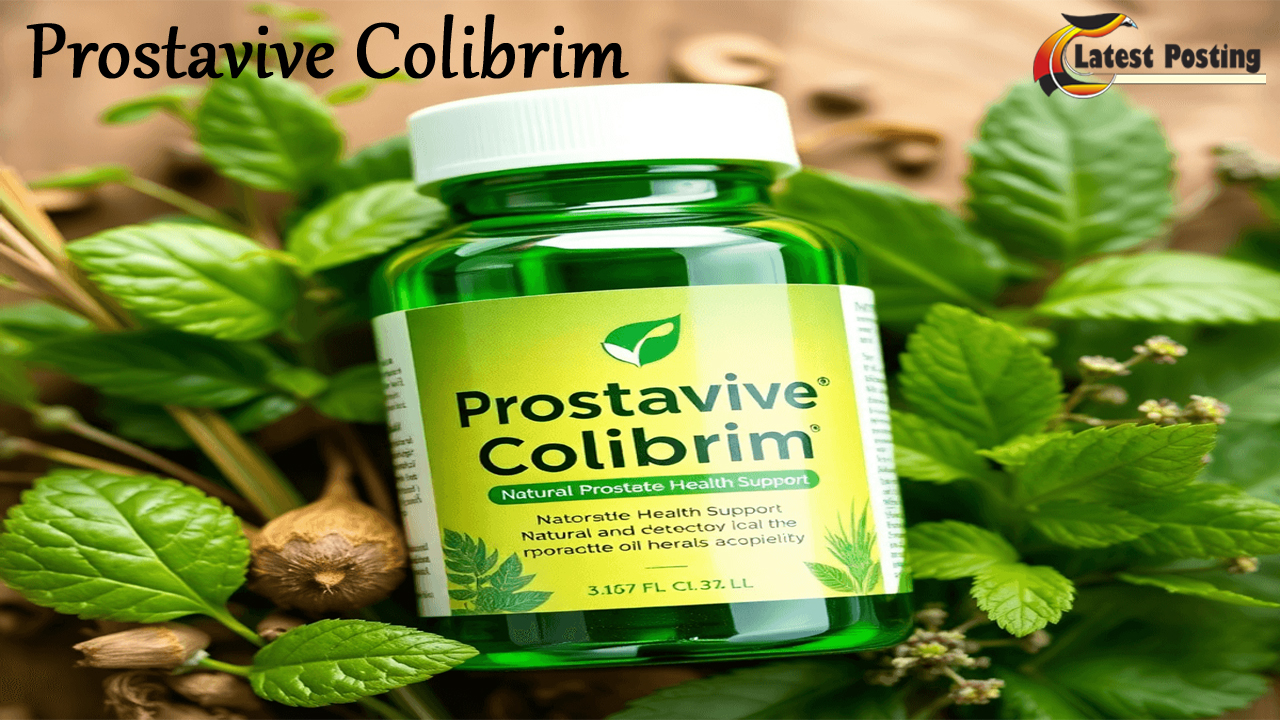We know that milk is known as the “closest to perfect food”. It can provide three major nutrients: fat, protein and carbohydrates. Protein has high nutritional value and can provide some immune active substances, such as lactoferrin. Let’s know about Coconut milk, soy milk, almond milk
However, milk is the most common allergen in infants and young children, and a considerable number of people are lactose intolerant. At the same time, affected by vegetarianism, the plant protein beverage market has been booming in recent years.

Soy milk (soy milk) is the most nutritious
Several plant protein drinks that are more common in supermarkets in my country include soy milk, almond milk, coconut milk, walnut milk, and peanut milk. Globally, almond milk, soy milk, rice milk, and coconut milk are the most common. How nutritionally are they, especially compared to milk? A recent study from McGill University in Canada compared the nutrition of several common plant-based protein drinks (unsweetened) with milk. The researchers’ summary comment is that soy milk (soy milk) is the most nutritious.
Soy milk has been in diet for nearly two thousand years. The soy isoflavones contained in it are well known and are even considered the secret of Oriental health. Current dietary guidelines also recommend that everyone eat a little soy or soy products every day. Soy milk is currently the only plant protein drink with a protein content comparable to that of milk. The key is that it is cheap and easy to make at home. In addition, soy milk contains many vitamins, which are relatively lacking in several other plant protein drinks. Its disadvantage is that it has a beany smell, which some people don’t like. In addition, if it is not heated thoroughly, there are also anti-nutritional factors such as saponins, phytohemagglutinins, and trypsin inhibitors, which may even cause food poisoning. Fortunately, today’s home soymilk machines have already solved these problems, and food poisoning is rare.
Rice milk
Rice milk and rice soup taste good because they have a slight sweetness, but they are lacking in nutrients. In the past, some children did not have breast milk and could not afford milk powder, so they had to feed them rice water. However, rice water mainly contains starchy carbohydrates, which is particularly prone to malnutrition (big-headed babies). Of course, some people are allergic to soy protein and almond protein. In this case, rice soup can be use as a plant protein option. However, foreign rice milk is made from brown rice, which means it contains a lot of dietary fiber. If you make rice soup at home, it will basically be starch.
Almond milk and coconut milk are low in protein
Almonds contain more monounsaturated fatty acids, which are good for health, and walnuts contain a lot of polyunsaturated fats. With the help of the “nut” concept, this type of product became very popular. The fat in coconut milk is mainly saturate fat, but past studies have found that these saturated fats can increase HDL cholesterol and therefore provide certain health benefits. Unfortunately, their nutritional value is still very limited, and the common problem is that their protein content is too low.

Another interesting point is that plant-based protein drinks in Europe and the United States are often fortified with calcium, so that they can be comparable to the calcium content of milk, but Chinese products rarely have such a design. In order to be more intuitive, I went to an online shopping platform and checked out several of the more mainstream plant protein drinks in the domestic market. Obviously, the protein content of soy milk is indeed superior, almost equal to that of milk. However, most plant protein drinks have added sugar. The first ingredient list of some products is water, followed by white sugar. It can be see that they are actually sugar water and are not healthy. Of course, there are already a few products that are sugar-free (with xylitol or other sweeteners added), which is a good sign.
As the dietary structure of Chinese people changes, I believe that plant-based protein beverages will have a large market space in the future and will bring certain challenges to the milk market. However, consumers must understand this type of product rationally, do not blindly choose vegetarian food, and do not believe in the propaganda of manufacturers. Remember, whether animal protein or plant protein, the most nutritious combination is the combination.





3 thoughts on “Coconut milk, soy milk, almond milk, which one to choose?”